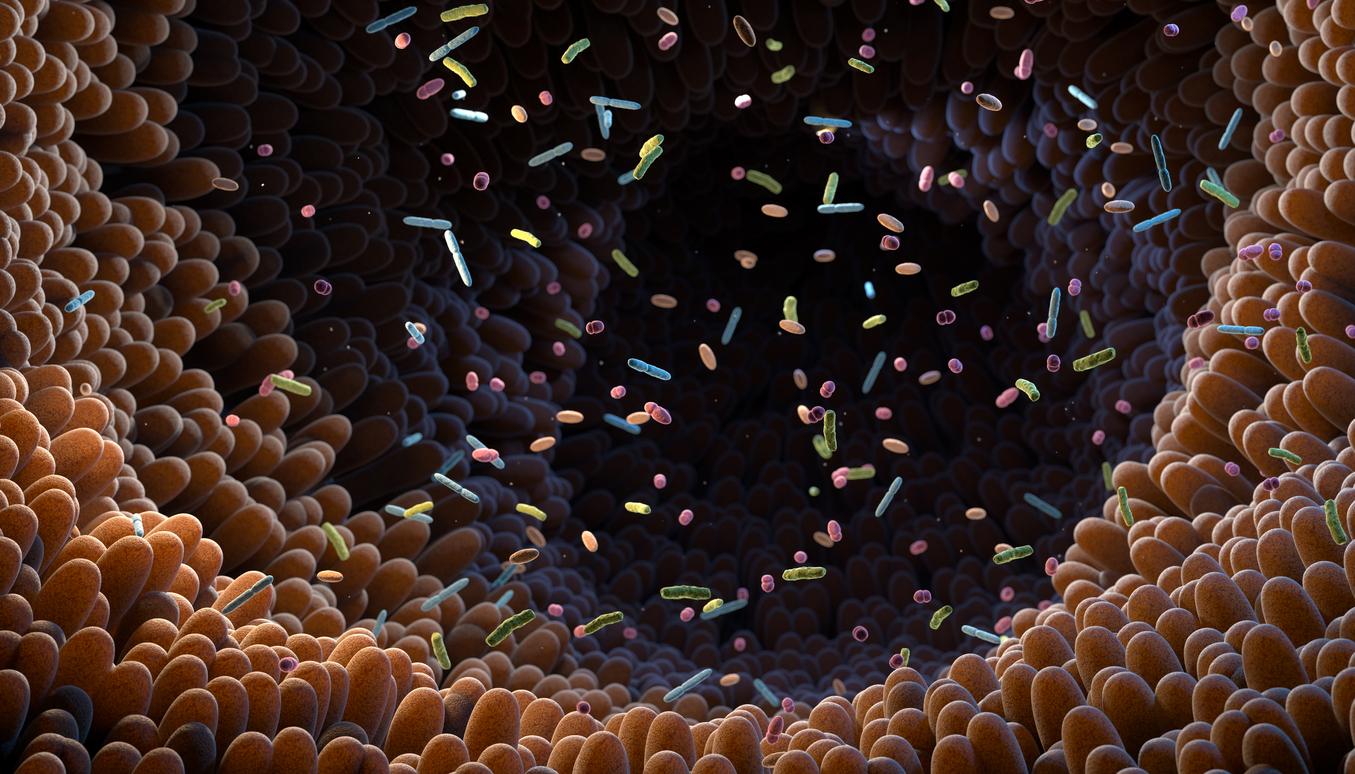A protein deactivated by lack of exercise reduces blood flow to muscles.

- Lack of exercise deactivates the Piezo 1 protein which supports the blood supply to the muscles
- This is why not exercising can become a vicious circle.
The less you move, the harder it is to move. This difficulty in the effort commonly felt is not laziness! It is the result of a deactivation, following the lack of exercise, of a vital protein, called Piezo 1, a sensor of blood flow. Its deactivation reduces the density of capillaries transporting blood to the muscles, hence the difficulty in maintaining normal physical activity. This is demonstrated work by scientists from the University of Leeds published in the Journal of Clinical Investigation.
Reduced activity and ability to perform exercises
The experiment was carried out on mice which also possess the Piezo 1 protein, which suggests that the results in rodents are comparable to what occurs in humans. Two groups were compared, a control group and a group whose Piezo 1 levels were disrupted for 10 weeks. The activity of the Piezo 1 mice was significantly reduced as was their ability to perform exercises.
“Our study highlights that keeping Piezo 1s active while exercising can be crucial for physical performance and health.“, underline the researchers who recall that exercise protects against cardiovascular disease, diabetes, cancer and depression. “Unfortunately many people do not exercise enough; this puts them at increased risk of disease and the less they exercise the less fit they are, which often leads to a downward spiral“, they add.
Perspectives in the treatment of loss of muscle function
This biological explanation for the fact that exercise becomes all the more difficult if one does little of it not only brings new knowledge about the role of Pïezo 1 in maintaining the health of blood vessels in adults but also opens other perspectives: “Our discovery is an opportunity to think about new ways to treat loss of muscle function“, says Professor David Beech of the Faculty of Medicine at the University of Leeds.
.
















